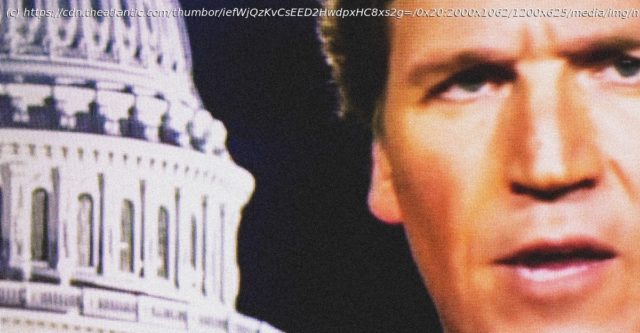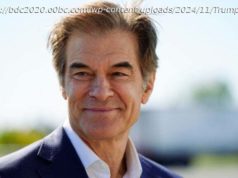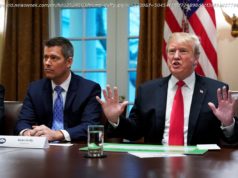Twitter is a private company—not the federal government.
Last night, Matt Taibbi, an independent journalist, wrote a lengthy Twitter thread he called “THE TWITTER FILES.” The thread purported to expose how Twitter made the decision to dramatically suppress discussion of the contents of a hard drive from Hunter Biden’s laptop. But it inadvertently did something else entirely: It exposed the new Twitter owner Elon Musk’s profound misunderstandings about the First Amendment.
Taibbi’s documents provided further evidence demonstrating what Twitter’s critics (including me) have long argued—that the decision to suppress the information was both incoherent and inconsistent. Twitter suppressed the information based on its so-called hacked-materials policy, but the application of that policy was hardly clear in this instance, especially given that the platform had, at the time, just permitted widespread sharing of New York Times stories about Donald Trump’s leaked tax information.
I agree with the attorney and election analyst Jeffrey Blehar about Taibbi’s thread. Writing in National Review after last night’s release, Blehar said the thread contained “few, if any, explosive revelations” for those who’ve followed the story closely. But don’t tell that to Musk. He seemed particularly outraged that one of Taibbi’s tweets described how the “Biden team” asked Twitter to delete a series of tweets, including ones that contained nude pictures of Hunter Biden.
Responding to a document where a Twitter employee indicated that Twitter had “handled” those posts, Musk tweeted, “If this isn’t a violation of the Constitution’s First Amendment, what is?” He followed up moments later with a slightly longer statement: “Twitter acting by itself to suppress free speech is not a 1st amendment violation, but acting under orders from the government to suppress free speech, with no judicial review, is.






